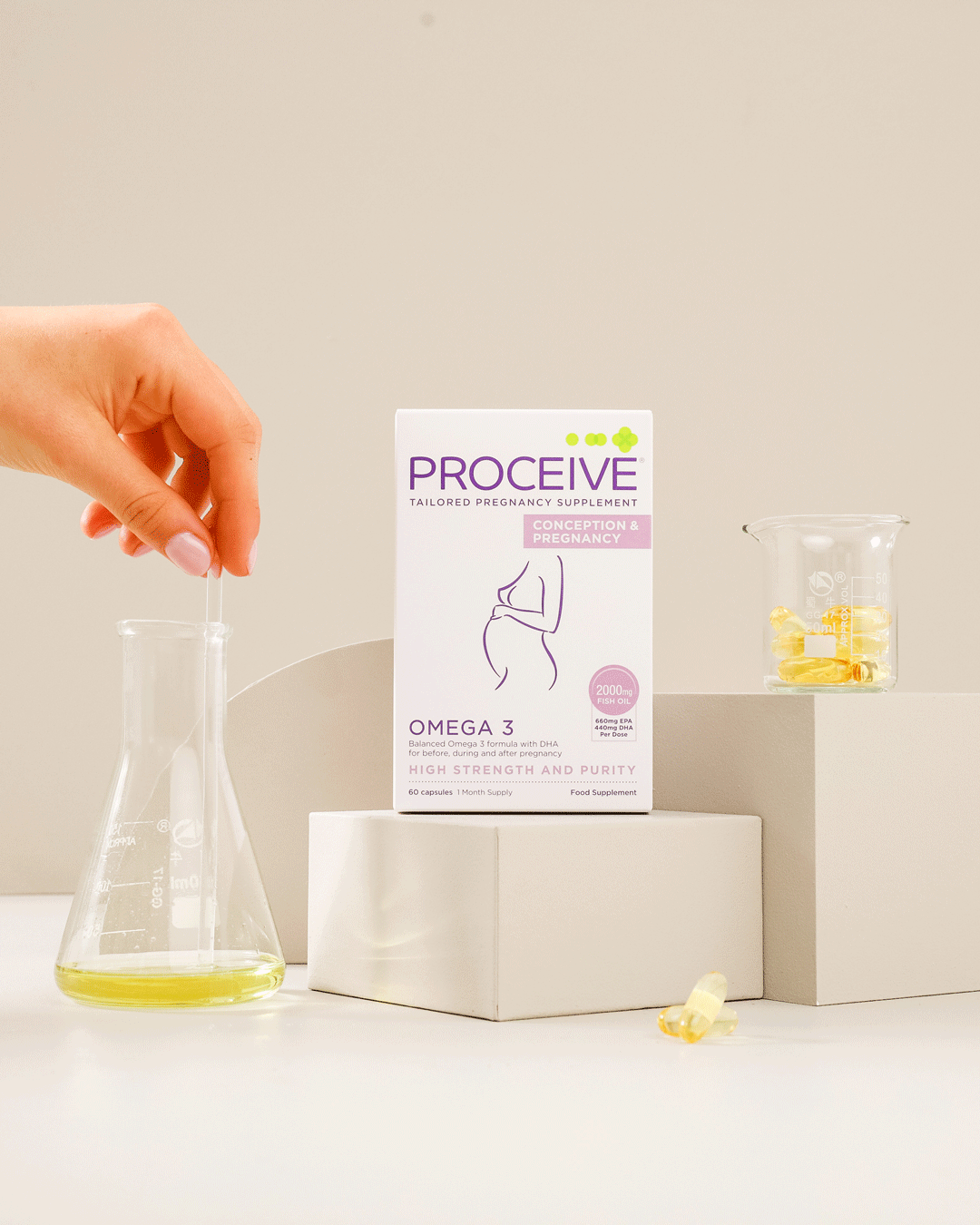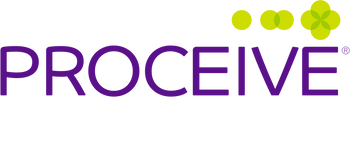
Omega 3
Omega 3 fatty acids are considered essential fatty acids (EFA’s). This means they are necessary for human health, but the body can’t make them - we have to consume them through food.
EPA (eicosapentaenoic acid) and DHA (docosahexaenoic acid) are two types of Omega 3 fatty acids that are abundant in oily fish, shellfish, and some algae. The body needs EPA and DHA omega 3’s to develop and function optimally at every stage of life. They are particularly important during conception, pregnancy and breastfeeding.
During pregnancy and breastfeeding, an adequate intake of Omega 3 supports the development of your baby’s eyes, their brain, as well as their overall development. According to the American Pregnancy Organisation women should consider including a prenatal Omega 3 fatty acid supplement before and during pregnancy, as well as while breastfeeding.
The HSE recommends pregnant women eat 1 to 2 portions of oily fish a week such as salmon, macke-rel, herring, trout or sardines. Other sources of Omega 3 include linseed, rapeseed oil and walnuts. But these are not as easily absorbed as oily fish and relying on these foods alone will not provide you with enough of the key Omega 3's EPA and DHA.
DHA
Both EPA and DHA are important, but DHA is particularly important throughout pregnancy and during the early stages of an infant’s life. DHA supports the development of the baby's eyes and brain and it also supports heart health. Fish oil is a safe and natural source of DHA, such as Proceive Omega 3, ideal for pregnancy and breastfeeding. International experts recommend 300-600mg of DHA per day for pregnant and breastfeeding women. You may need a supplement if you are vegetarian or vegan, or do not like oily fish.

EPA & DHA Balance
The balance between the two main omega 3 fatty acids appears to be more important than initially thought. The omega 3 fatty acid eicosapentaenoic acid (EPA) plays an important role in DHA trans-placental transport and intracellular absorption. If there is not sufficient EPA in the maternal system, DHA may not reach the baby's circulatory system in adequate amounts. Proceive® Omega 3 is formu-lated with this balance in mind. The 2,000mg daily dose contains 660mg EPA to ensure the 440mg DHA is transported via the placenta to the developing baby.
Proceive omega 3 fish oil is from sardines fished off the South American Coast.
The oil is certified Friend of the Sea.








